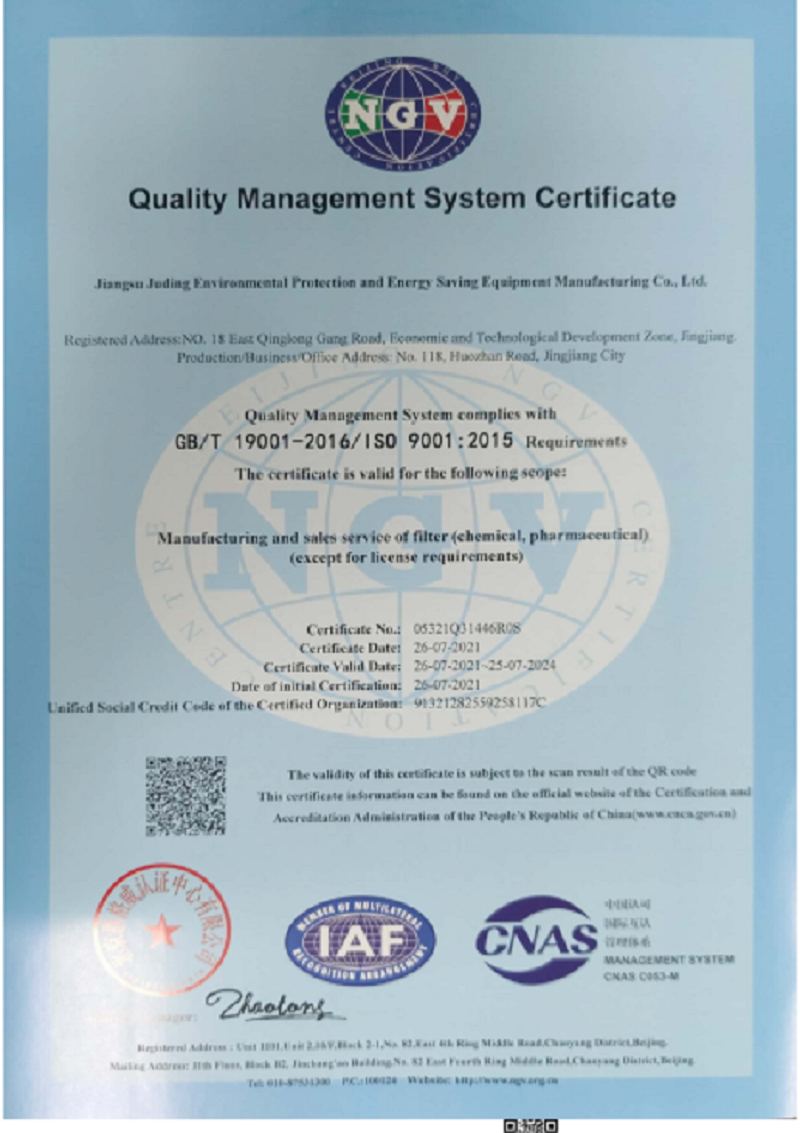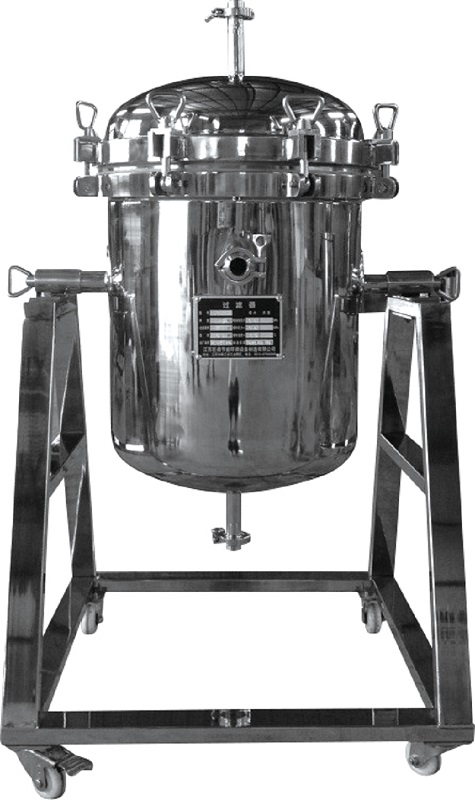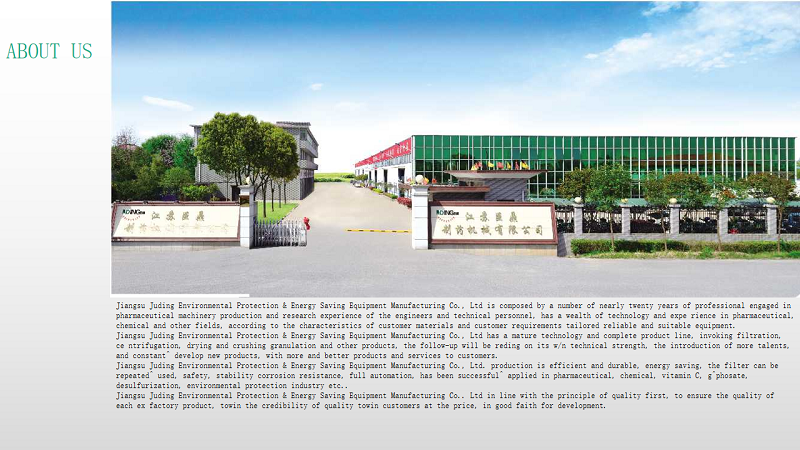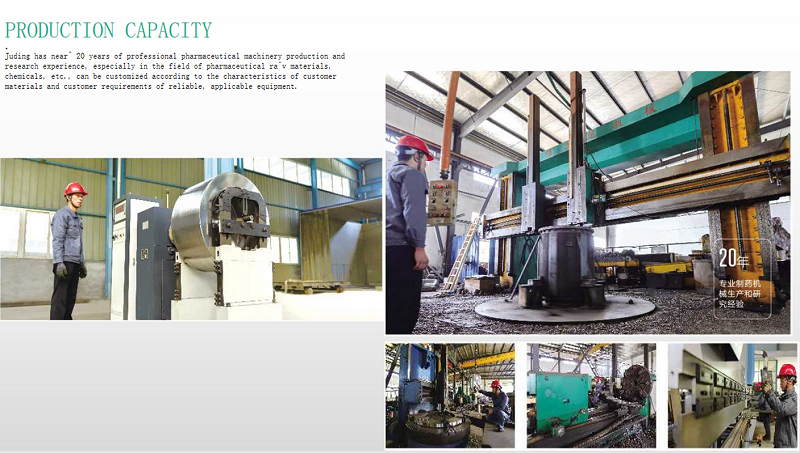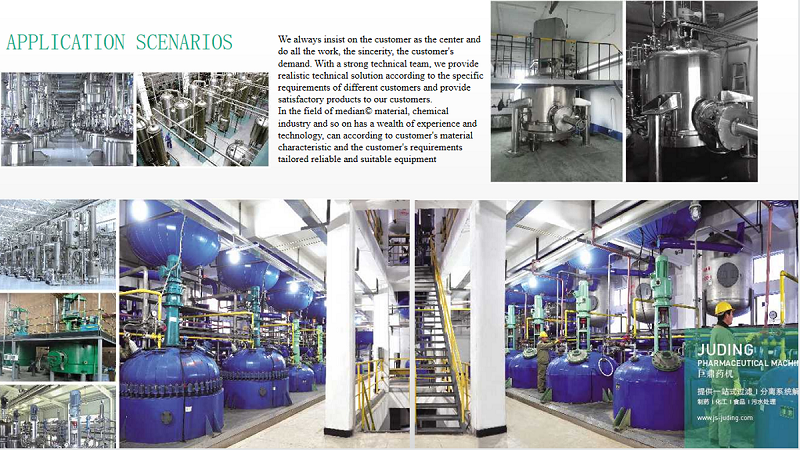Titanium Rod Flip Filter
Titanium Rod Flip Filter,Titanium Filter,Titanium Rod Liquid Filter,Titanium Filter Element Jiangsu Juding Environmental Protection and Energy-saving Equipment Manufacturing Co. , Ltd. , https://www.filter-plant.com
For a period of time, the most depressing thing for some media reporters is that there are no hot spots in the car industry. Some things that have received much attention in the past are difficult to attract readers' attention. Everyone thinks that good reports are increasingly difficult to write.
I think that there is no hot spot in the car industry because the car has too many hot spots and it distracts the public. Today, people are more knowledgeable and no longer can be concerned about the relative stability of a thing for a while.
To say that the car line is really not a peace of mind. The country's industry that specifically targets policies for an industry is only automobiles. First, the Industrial Policy for the Automotive Industry was promulgated in 1994. Ten years later, the "Development Policy for the Automotive Industry" was promulgated on June 1, 2005. Generally speaking, an industry in China has a corresponding “competent authorityâ€, which is equivalent to the “grandmother†in the family and administers various businesses in the industry, such as the construction of the city under the control of the Ministry of Urban Construction, and the management of roads and water traffic by the Ministry of Communications. Although the Ministry of Railways had a railway company, it had never set up an "automobile department." However, the department that can manage the car is like the “Uncle†of Li Tiemei’s family in “The Red Lanternâ€. It is often unclear. A document is often issued by seven or eight ministries and commissions. Many things are still decided by the State Council. "Cars are no small matter" ah.
There are many departments that manage cars because they involve a wide range of social aspects and have a large impact. Any one department is ineffective and the management is not in place. Only everyone can manage them together. And as far as cars are concerned, it seems that no matter which one is always controversial, it is difficult to unify the views. The earliest was whether China would develop cars, and whether the cars would enter the family. The debate was more than ten years ago and it is still not conclusive. Even though more and more ordinary families own cars, in some economically developed areas, cars have already Has become an ordinary means of transport, such as Beijing, Guangdong and so on.
With regard to the share ratio of the two parties in the joint venture, there are no specific regulations for other industrial countries, and the automobile must adhere to the 50-50 bottom line. Import quotas, localization, import tariffs, etc., are not unique problems in the auto industry, but which industries are not as eye-catching as the auto industry.
It can be counted that several of China's industrial industries are not "scattered". A few are not "chaos"? How many are not "bad"? However, the "poorly scattered" hat is only worn on the head of the automobile industry and it has become the car industry's curse. Independent innovation, independent brands, but also the general lack of national industries, but the automotive industry is the most criticized by the people.
Energy shortages, environmental pollution, and fuel price hikes are all big problems. They are national problems. They are smaller, and they are related to other industries. However, the automotive industry is still the most concerned. The fuel tax yelled for more than a decade could not be implemented. The very important reason was that it was too extensive and some departments were reluctant to lose their vested interests, and the opinions were difficult to unify.
Nowadays, in both urban and rural areas, talking about “traffic†generally refers to car traffic. Mountain people say that they want to be rich and build roads first, and that they can repair roads that can pass through cars. The most fearful road congestion in modern urban areas also refers to the congestion of cars. The "Traffic Safety Law" is almost exclusively developed for automobiles. The most important terms are related to automobiles. Hundreds of thousands of traffic police across the country, almost control the car. More than a dozen ministries and commissions have joined forces to mobilize millions of people to manage the overload limit and go to the car entirely. As for loans for car purchases and car insurance, it is more purely a car issue. Examination of vehicles and examination of books is a routine business for tens of millions of people every year. It consumes a lot of energy. The car did not allow the entire country to have peace and tranquillity. People were happy.
Say this car price, China's cars have been the most expensive in the world for many years. Manufacturers also swear by swearing that they can't drop, and some helpers also say, "Price war is the lowest level of competition," and price cuts make Chinese cars far from the international market. "More far away," but today's car prices are like dominoes that have been pushed down. A model's price cut will always lead to a big one. Today, the import tariffs on cars have dropped to the bottom line. Mysterious and baby-like import quotas have been completely eliminated. The “oldest three†only sells fractions of the year’s price, and the price war has made our outsiders sweat.
Regarding the so-called networking and sub-distribution disputes concerning automobile sales, although the government and enterprises have different understandings, the ultimate enterprise has solved the problem with actions. Many brands of imported cars are sold together with domestically-produced cars. Now.
There is also the issue of overcapacity, which is often a topic that may not always be new. In the past 20 years or so, the auto industry has always shaken between "surplus" and "insufficiency," and people have always been unable to hold it down. When it was said that it was surplus, it immediately fell short of demand; after a slight increase, it was excessive. People who talked said they were bored. People who listened to hearing were tired. The best thing to do was to keep changing. The person who spoke just said that the dry person only has to do the work.
At the beginning of this year, the "Measures for Constituting the Characteristics of Complete Vehicles" promulgated by the relevant ministries and commissions required the assembly and production of foreign brand cars in China. Some of these key assemblies must be made domestically, forcing transnational corporations to transfer key technologies to China, causing a number of multinational companies to Dissatisfied that the EU Trade Commission has filed against the WTO against China. However, this "international lawsuit" has not attracted much attention in China. It is said that the relevant departments have recently decided to postpone implementation for two years. I do not think this is a sign of weak pressure on foreign companies, but tends to think more about the interests of Chinese companies in joint ventures. Because the joint ventures fail to meet this requirement, the first is that the establishment of the joint venture is relatively late, and the second is that the models are relatively high-grade, and the technical content is relatively high. The difficulty of real estate is relatively large, and the allowance is limited for a certain period of time, so that they will not lose money once they open a business. It will help mobilize the enthusiasm of the joint venture. Of course, this also allows those companies that can meet regulations to postpone the transfer of key technologies into China for two years.
It's hard to get in and it's difficult to retreat. The auto industry is really not good at management.
